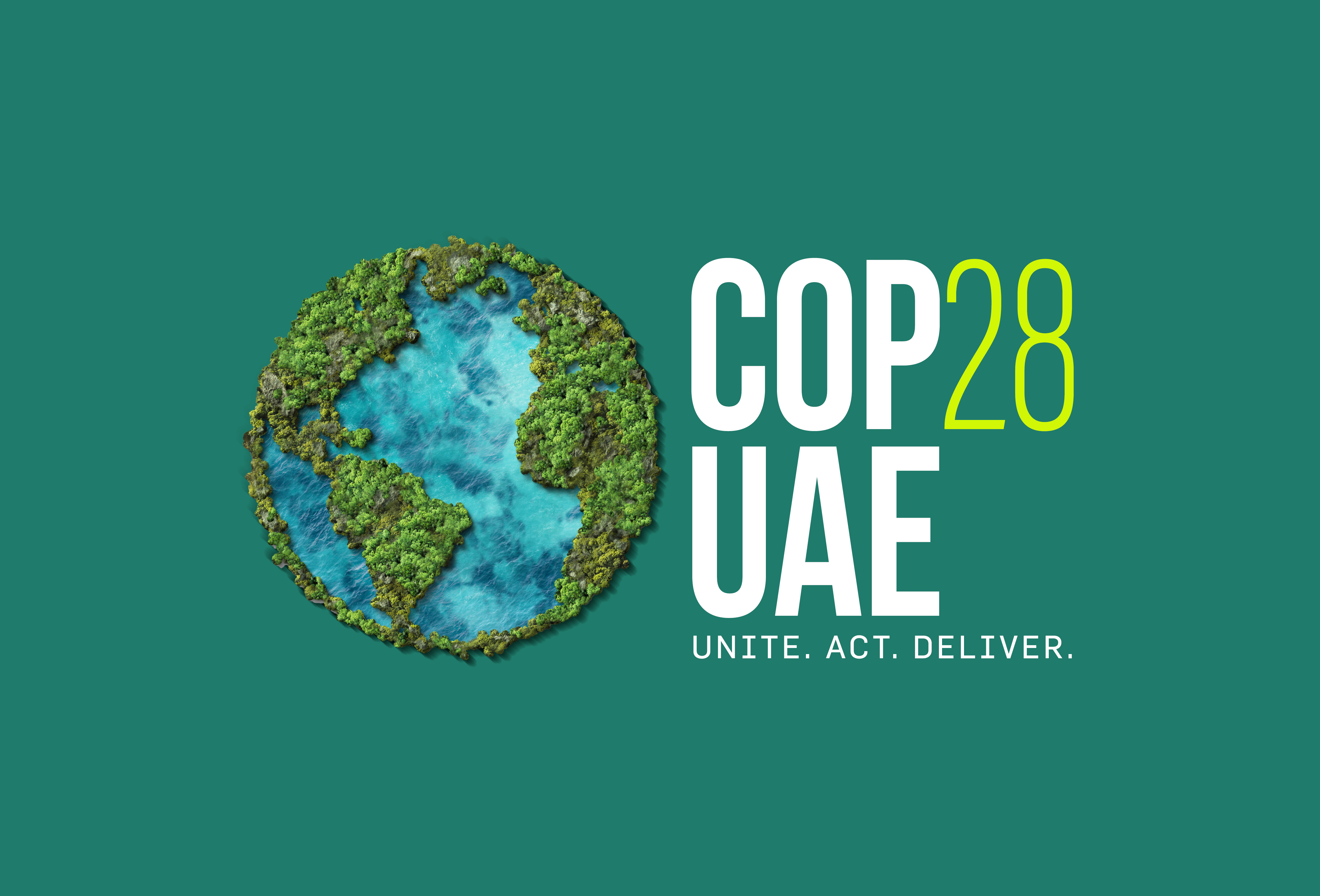A Unified Front: Africa’s Call to Lead the Dialogue on Climate Change

As we approach the imminent COP 28 meeting in Dubai, it has become abundantly clear that the myriad global challenges we face are intrinsically linked to climate change. Climate change exacerbates these issues, and it is, therefore, pivotal to our endeavors to confront them.
But what are the chances that we will get this right this time? Haven’t we talked tough enough for the longest time?
The profound impact of humanity's actions on our environment is glaringly evident. Our dysfunctional relationship with nature endures most of climate change's consequences, and the planet feels the repercussions.
The consequences of population growth extend beyond environmental impacts; they are intricate, encompassing socioeconomic, political, and ecological dimensions. These ripple effects materialize based on the characteristics and distribution of the population. Considering these reflections, it's important to clarify that while population growth has significant implications for wildlife spaces, its direct impact on climate change is comparatively less pronounced.
Sub-Saharan Africa, for instance, contributes less than 2% to global greenhouse gas emissions, excluding South Africa's 2% contribution alone. The primary driver of climate change lies in the production and consumption patterns of the global north. Therefore, the emphasis on mitigation efforts should be on altering these production and consumption patterns or, more broadly, reconsidering the prevailing economic model. From a climate perspective, Africa can be seen as a solution rather than a problem.
Unmistakably, Africa stands at the forefront of this environmental battle. For instance, across the continent, we have witnessed devastating droughts, decimating wildlife, and livestock, and plunging millions of Africans into the jaws of hunger. In Africa, rampant flooding has wreaked havoc, injured, and killed hundreds, all whilst damaging properties and agriculture worth millions.
Against this backdrop, it is evident that Africa is emerging as the world's epicenter of climate vulnerability. Should we adopt a passive stance, the resulting displacement and migration could have catastrophic consequences. Given this rationale, it is crucial to emphasize that despite Africa's relatively low contribution to greenhouse gas emissions, passivity is not an option. Primarily, there is a need to proactively address climate vulnerabilities through a focused and aggressive approach to adaptation. Additionally, embracing nature-based solutions for mitigation is imperative.
Africa’s natural wealth is unparalleled. We boast of the second-largest tropical forest after the Amazon, a testament to the continent's ecological significance. Africa holds witness to some of the last grand mammal migrations, with 14 of the 24 current historic large mammal migration species and subspecies calling Africa home, 9 of which persist within six specific landscapes.
All this is evidence of how Africa is teeming with life. Its forests, which cover 28% of the land and represent 18% of the world’s total forests, are a treasure trove of diversity. Over 1,100 mammal species, more than 60 carnivore species, a staggering 100,000 insect species comprise 15-20% of the world's insects, 3,000 freshwater fish species, and over 2,600 bird species reside within its vast landscapes.
Yet, this immense biological wealth is not an assurance of permanence. Land demand escalates with the continent’s rapid population growth, often leading to unsustainable natural resource exploitation. With insufficient environmental governance, Africa teeters on the precipice of losing an invaluable proportion of its biodiversity.
The continent possesses abundant renewable energy solutions that could serve as a comparative advantage in the future. Furthermore, Africa's rich biodiversity and the ecosystem services it provides can play a pivotal role as a significant comparative advantage, driving economic and developmental growth across the continent.
A potent illustration of this is Lake Chad, once one of Africa's largest freshwater bodies. It has shrunk by an alarming 90% in just six decades. From a vast 26,000 square kilometers (about the area of Burundi) in 1963, it is now a mere 1,500 square kilometers (about the size of Faroe Islands). Over 10 million individuals (about half the population of the United Arab Emirates) in its vicinity are clamoring for urgent assistance.
The relationship between climate extremities and hunger is evident. The most severe malnutrition cases, particularly in children under five, are concentrated in countries grappling with these extremities. With vulnerable agricultural systems, they are further burdened by limited infrastructural support.
Notably, 75% of those beneath the poverty threshold rely on agriculture and natural resources for survival. Climate-induced changes spell doom for staple crops like wheat, rice, and maize. While some yields may find new niches, for the most vulnerable, adaptation is a luxury they cannot afford.
This grim trajectory suggests that by 2030, an additional 122 million individuals, predominantly farmers, might be entrapped in extreme poverty.
What implications does this hold for Africa, where a vast majority are smallholder farmers, contributing nearly a quarter of sub-Saharan Africa’s GDP (Gross Domestic Product)? Notably, the untapped potential in African agriculture is vast, with estimates ranging from 480 million to 840 million hectares. This signifies a substantial opportunity for expansion. However, the challenge lies in determining how to unlock this potential sustainably.
The current methods, if not carefully managed, may lead to increased land conversion, exacerbating the fragmentation of wildlife habitats, diminishing forest cover, and contributing to higher greenhouse gas emissions. Thus, it is crucial to explore innovative and environmentally conscious strategies to ensure that the growth in agricultural productivity aligns with the principles of ecological sustainability.
The good news is that, as seen in the energy and telecommunications industries, Africa has experience in leapfrogging outdated technology. It is time to develop a lower-carbon economic model that uses nature-based solutions and ecosystem-based adaptation. The post-Covid global economy must consider that both our lives and economies depend on nature and that the fundamental causes of biodiversity loss must be recognized and effectively addressed.
This is why it is imperative for Africa to present a united and firm front in Dubai, emphasizing not only the non-negotiable necessity for economic development but also the imminent risk of substantial biodiversity loss on the continent. Despite our youthful population and growth rates, achieving ambitious targets is contingent on Africa deviating from the unsustainable paths that other regions have tread. In this regard, Africa has an opportunity to set an example for the world by adopting a sustainable economic model that not only preserves nature but also prioritizes the well-being of its people.
Furthermore, the realization of global climate goals hinges on Africa forging a distinct development trajectory compared to other continents. As one of the most severely affected regions, substantial investments are indispensable to facilitate the adaptation to climate change. Africa must assert its unique position and voice to ensure that its developmental needs align with sustainable and resilient practices, contributing significantly to the global efforts to combat climate change.
As stewards of our future, we must understand these intricate connections, address the pressing challenges, and harness the untapped opportunities. The world is watching, and Africa is ready to lead. We have no choice but to act now.
